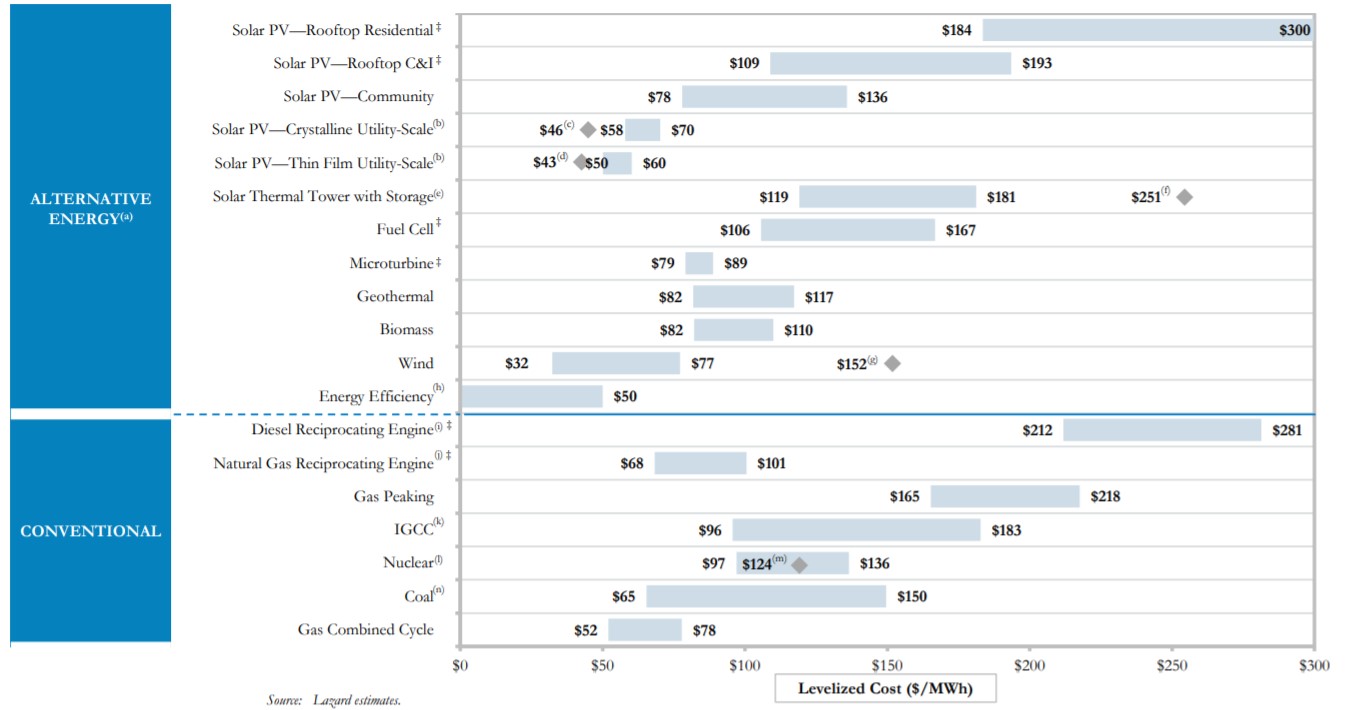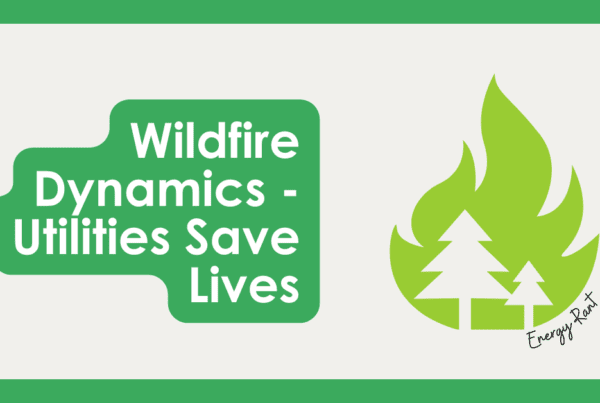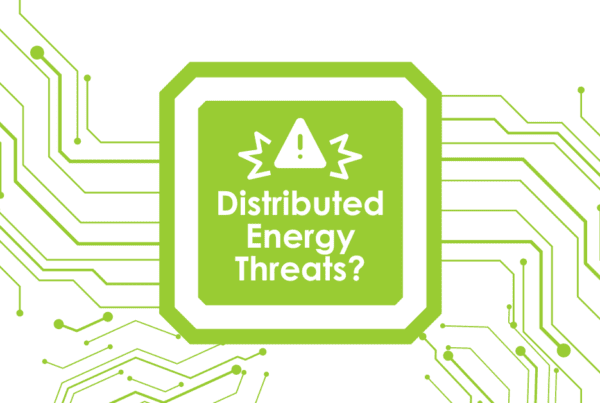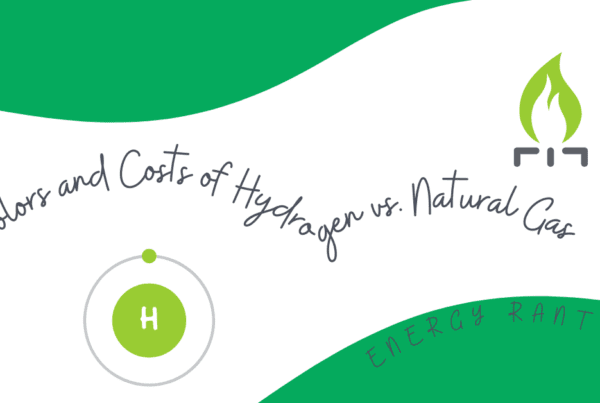
As the name would imply, the Energy Rant bypasses the pompom lines of energy efficiency spirit squads. This week I feel a sudden, robust, burning urge to sway images of efficiency.
When I think of the role and reason for efficiency programs, the phrase “obligation to serve” comes to mind. From where did that come? Is it folklore, a slogan as with marketing, or is it rooted in something official or even legal? I investigated and found the roots to be interesting.
The End Results Doctrine
If I were a betting person, I’d put all chips on a bet that 90% or more of you have never heard of the EndResults Doctrine. The End Results Doctrine is rooted in the SCOTUS, or Supreme Court of the U.S.
First, in Munn V Illinois the Supreme Court “established the legal basis for state regulation by recognizing that certain economic activities were so critical to the functioning of a modern society that government has the right to oversee the prices charged to assure that such services are provided to the public in a reasonable manner.”
Interestingly, in 1871, Munn applied to grain storage and shipping.
Second, a 1944 SCOTUS ruling, Federal Power Commission v. Hope Natural Gas Co, (Hope) established that “the fixing of just and reasonable rates, involves a balancing of the investor and the consumer interest.” The End Results Doctrine states it is not the method, but the result is what matters. The result is the balance between customer and shareholder interests.
Obligation to Serve
Dr. Karl McDermott for the EdisonElectric Institute in 2012 writes, “the creation of this special purpose entity that was clothed in the public interest, known as a public utility or public service company, did not fit into the traditional definitions of a private firm in the laissez-faire world of turn-of-the-century America.”
McDermott references writings by Supreme Court Justice Frankfurter, at the time.
No task more profoundly tests the capacity of our government … than its share in securing for society those essential services which are furnished by public utilities. Our whole social structure presupposes … dependen[ce] upon private economic enterprise. To think of contemporary America without the intricate and pervasive systems which furnish light, heat, power, transportation, and communication is to conjure up another world. The needs thus met are today as truly public services as the traditional governmental functions of police and justice. That both law and opinion differentiate from all other economic enterprise the economic undertakings which furnish these newer services is not the slightest paradox. The legal conception of “public utility” is merely the law‘s acknowledgment of “irreducible and stubborn facts.”
After 20 years in the business, I unearthed the makings of “obligation to serve.”
Balancing Customer and Shareholder Interests
Demand v Supply
In 2015, Lazard published a list of electric resources shown in the chart below. TheAmerican Council for an Energy EfficientEconomy produces similar results.
Under the End Results Doctrine and established Obligation to Serve, we should first deploy the cheapest resource – efficiency. Why is wind in front of the line? It seems some interests are more balanced than others.
Efficiency is a resource equal to supply-side resources including coal, natural gas, and wind.
The Efficiency Tax Canard
Certain politicians refer to efficiency as a hidden tax.
Excuse me.
Efficiency is a resource that costs money, like wind, coal, solar, nuclear, cow poo, and landfill gas generation.
Why Should Joe Pay for Fred’s Project?
Why should you pay for the substation and massive service connection added to the rate base (rolled into your electric bill, Joe) to serve Facebook or a new subdivision for a wealthy bunch of lawmakers?
That is how it works. You can pay for the less expensive resource or, the more expensive resource. Efficiency won’t displace new substations, but it avoids upgrading others or adding transmission, distribution, and generation, which everyone, including you, Joe, pays for.
Efficiency is a resource equal to supply-side resources including coal, natural gas, and wind.
I Don’t Use it or Need it – Let me Out
I have never had a fire. It isn’t my fault people screw up wiring jobs and houses catch fire. Just make the people who use the fire department, its employees, and trucks pay for them.
I don’t even like wind energy. Take that cost out of my bill. And while you are at that, make Facebook and the millionaires pay for their own substations and transformers. Never mind that everyone else paid for mine back in 2000.
Speaking of Facebook and the other masters of the universe, why do I have to pay for their claim to 100% renewable energy purchases? I am paying for their advertising! What say you, Joe?
Efficiency doesn’t depend on the wind.
There are Administrative Costs for Efficiency!
A criticism of efficiency I recently heard is that 20% of the funds to acquire the efficiency resource are administrative costs. Do we not pay lawmakers, bean counters, and thousands of full-time staff to administer government?
Power plants do not run themselves. Nuclear plants don’t guard themselves. Trees don’t prune themselves. Wind turbines don’t maintain themselves. Storms don’t undo the damage they cause. Why do we have to pay for all this stuff?
Efficiency is a resource equal to supply-side resources including coal, natural gas, and wind.
Speaking of Resources
It would help tremendously if utilities were allowed a return on efficiency resources as they are supply-side resources. In jurisdictions with efficiency earnings, some utilities have established operating units to go after impacts to earn tens of millions of dollars for their shareholders. That is a novel idea!







Energy Efficiency is cheaper than many generation resources…but, so is direct use of natural gas at the end user. Replacing an electric water heater with a natural gas water heater saves the customer money and reduces CO2e in almost every part of the country. Switching can reduce peak load and costs much less than any generation resource.
Aha ! Thanks, Jim. That’s what I did in my house. https://michaelsenergy.com/motivating-efficiency-incinerating-obstinance/